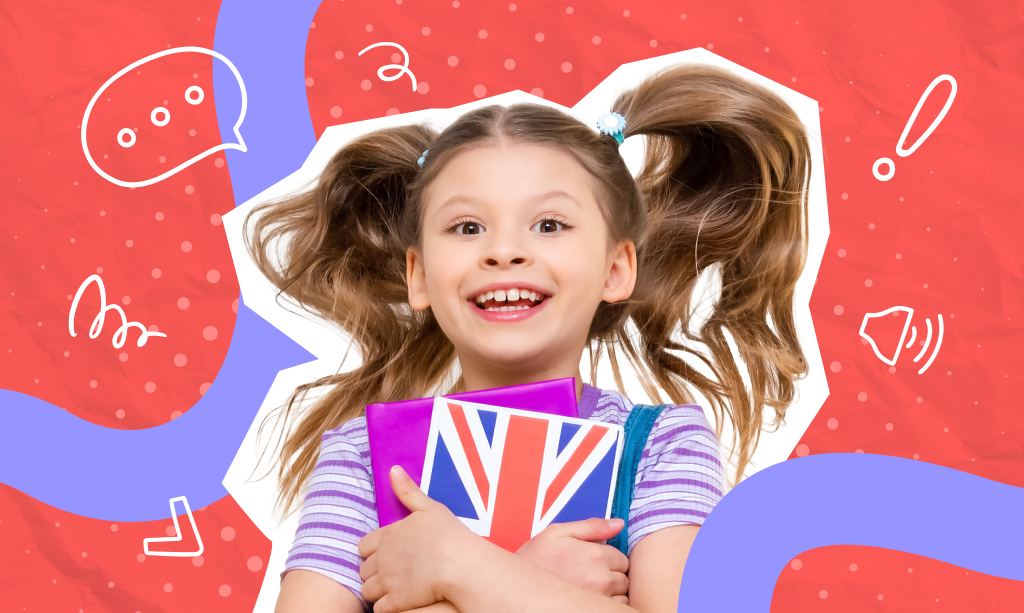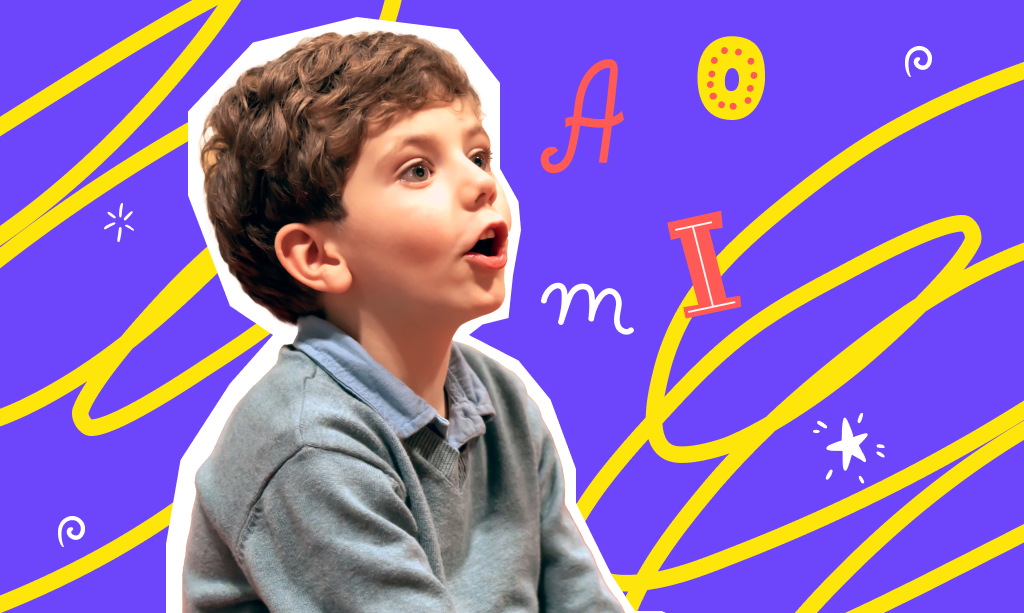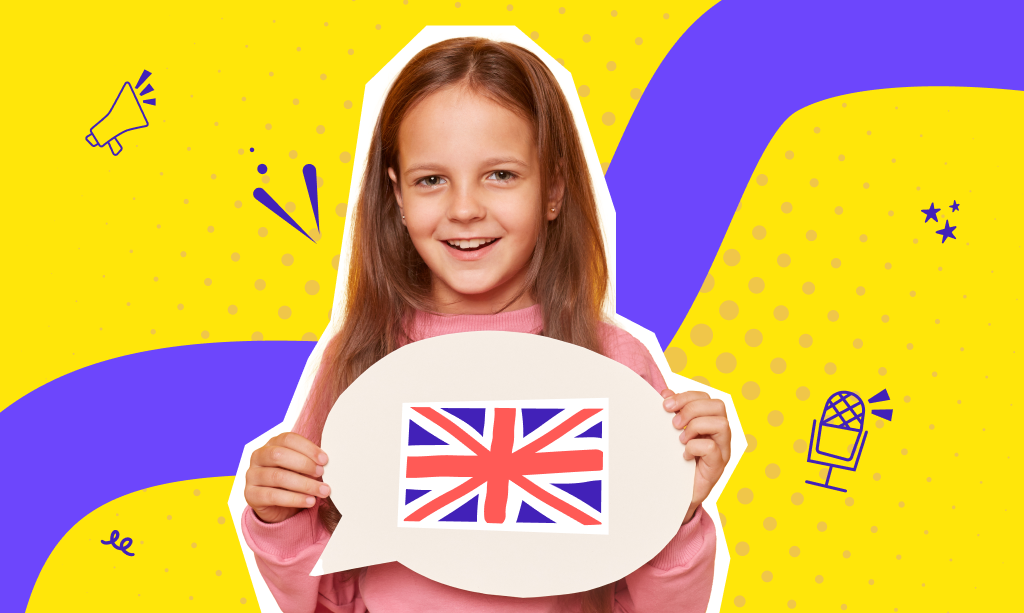- Foundational English Language Skills
- Reading Development
- Writing Skills
- Speaking and Listening
- Supporting Learning at Home
Discover an informative guide for teaching English to first-grade learners. It covers essential skills, strategies, activities, and tips for parents and educators.
Welcome to the exciting world of learning English with our guide for first-grade learners. Whether you’re a parent looking to support your child’s language development or an educator seeking effective teaching strategies, this article is your go-to resource.
In these formative years, children absorb language like eager sponges, making it an ideal time to introduce them to English through engaging activities and structured learning. From mastering phonics to building a basic vocabulary, our guide will walk you through essential skills that lay a strong foundation for future language proficiency.
Foundational English Language Skills
Learning English involves developing four basic skills: reading, writing, speaking, and listening. These foundational skills are crucial for young learners as they build their language abilities.
Reading
Reading is all about recognizing words and understanding their meaning. First graders start with simple words and sentences, gradually moving on to short stories. Reading helps them understand how words fit together to form ideas and stories.
Writing
Writing allows children to express their thoughts and ideas on paper. In the first grade, students learn to write letters, words, and simple sentences. They practice forming letters correctly and using basic punctuation like periods and question marks.
Speaking
Speaking skills help children communicate with others. In first grade, kids practice saying words clearly and using complete sentences. They learn to ask and answer questions, describe things, and share their thoughts.
Listening
Listening is about understanding what others say. First graders listen to instructions, stories, and conversations, which helps them follow directions and build comprehension skills. Good listening also supports their reading and speaking abilities.
Reading Development
Let’s start by diving into reading. Reading development is a key part of learning English in the first grade. It involves understanding how to decode words, recognize common words instantly, and grasp the meaning of what they read. Here are some effective methods and recommended reading materials to support young learners.
Phonics
Phonics teaches children how letters and sounds go together. By learning the sounds of individual letters and groups of letters, first graders can sound out and read new words. Phonics games, flashcards, and songs can make this learning process fun.
Sight Words
Sight words are common words that children should recognize instantly without having to sound them out. Examples include words like “the,” “and,” and “is.” Practicing sight words helps kids read more smoothly and quickly. Flashcards, word walls, and repetitive reading can reinforce sight word recognition.
Comprehension
Comprehension is the ability to understand and interpret what is read. First graders learn to answer questions about stories, retell events in their own words, and make predictions about what might happen next. Simple questions like “What happened first?” and “Why did the character do that?” help develop comprehension skills.
Recommended Reading Materials and Resources
Picture Books: These books have illustrations that help children understand the story. Examples include “Brown Bear, Brown Bear, What Do You See?” by Bill Martin Jr. and “Where the Wild Things Are” by Maurice Sendak.
Early Readers: These are simple books designed for beginners, like Mo Willems’s “Elephant and Piggie” series.
Interactive Books: Books with flaps, touch-and-feel textures, or sound buttons, like “Press Here” by Hervé Tullet, make reading more engaging.
Educational Websites: Sites like Starfall and ABCmouse offer interactive reading activities and games.
Reading Apps: Apps such as Epic! and Reading Eggs provide a wide range of books and activities tailored to different reading levels.

Writing Skills
Developing writing skills in the first grade involves learning the basics of letter formation, sentence structure, and creative expression. Here’s an overview of these foundational skills.
Letter Formation
First graders start by learning how to write each letter of the alphabet correctly. This includes understanding the proper starting points, strokes, and spacing. Practice with lined paper and tracing activities can help children master letter formation.
Sentence Structure
Once they are comfortable with letters, first graders begin writing simple sentences. They learn to start sentences with a capital letter, use spaces between words, and end with a period, question mark, or exclamation point. Understanding the basic parts of a sentence, like the subject and the verb, is also important.
Creative Expression
Encouraging children to express their ideas creatively helps develop their writing skills. This involves writing short stories, describing their favorite activities, or writing about their day. Creative writing allows kids to use their imagination and expand their vocabulary.
Fun Writing Activities and Exercises
Journaling: Give your child a journal in which they can write about their day and their thoughts, draw pictures, and write captions. This daily practice helps improve writing skills and encourages self-expression.
Story Starters: Provide story starters like “Once upon a time…” or “I went on an adventure and found…” to inspire children to write their own stories. This activity sparks their imagination and helps them practice sentence structure.
Letter Writing: Have children write letters to family members, friends, or even their favorite characters. This makes writing fun and teaches them about different writing formats and purposes.
Speaking and Listening
Finally, developing speaking and listening skills is essential for first graders as they learn to communicate effectively. These skills can be improved through various activities, such as conversation, storytelling, and listening exercises. Active participation in class also plays a crucial role in their development.
Conversation
Engaging children in regular conversations helps them practice speaking clearly and confidently. Encourage them to talk about their day, share their thoughts, and ask questions. This practice helps them learn new vocabulary, sentence structure, and how to express their ideas effectively.
Storytelling
Storytelling is a fun way to develop speaking skills. Ask children to tell a story about something they did, make up a new story, or retell a favorite book. This activity enhances their ability to organize thoughts, use descriptive language, and engage an audience.
Listening Exercises
Listening skills are crucial for understanding and responding appropriately. Play listening games where children have to follow multi-step directions, like “Simon Says.” Reading aloud and asking comprehension questions also helps improve listening skills.
Supporting Learning at Home
Before we sign off, we wanted to give you some extra tips and tricks to be supportive at home. If you have a first-grade child who is starting to learn ESL, consider doing the following at home:
Create a Language-Rich Environment
Surround your child with books, labels, and posters in English.
Encourage conversations in English at home.
Play English songs and watch educational videos in English.
Read Together Daily
Set aside time each day to read with your child.
Choose a variety of books and discuss the stories.
Ask questions and encourage your child to retell parts of the story.
Practice Writing
Provide materials for writing practice.
Encourage your child to write letters, lists, or short stories.
Celebrate their writing efforts and display their work at home.
Engage in Conversations
Ask open-ended questions about their day and feelings.
Encourage detailed descriptions and practice new vocabulary.
Use everyday conversations to reinforce language skills.
Play Educational Games
Use flashcards, word puzzles, and phonics games.
Play listening games like “Simon Says.”
Engage in word and sentence-building games.
As you can see, helping first graders learn English sets the stage for their future success. Focus on key skills like reading, writing, speaking, and listening, using fun activities to keep them engaged. Celebrate their progress, be patient, and encourage creativity. With your support, your first grader can develop strong English skills and a love for learning that will last a lifetime.






































